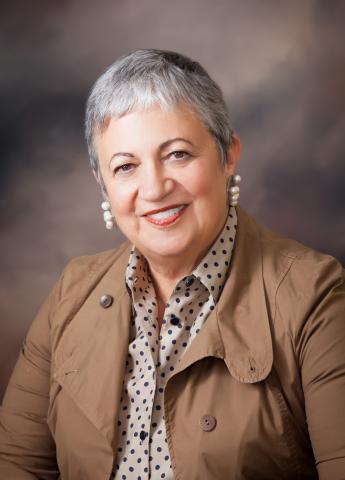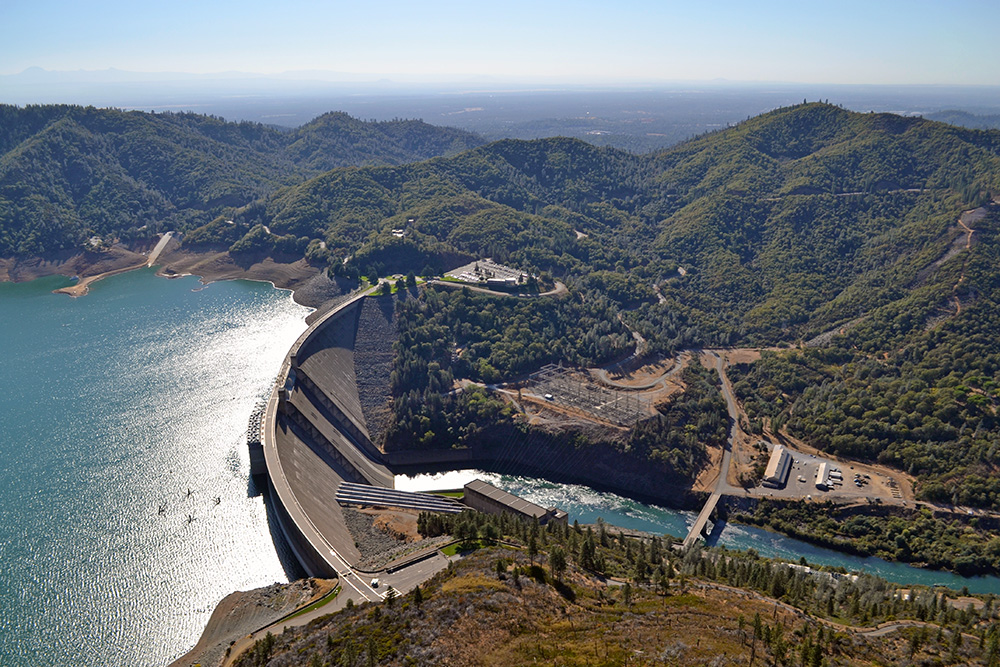In a
report in today's Los Angeles Times, a federal effort to raise the height of northern California's
Shasta Dam by approximately 18 feet in violation of California environmental laws is being facilitated by House Majority Leader Kevin McCarthy (R - Bakersfield).
If constructed as planned, the dam's new capacity would flood a large portion of the McCloud River which is currently protected by the Wild and Scenic Rivers Act. That act prohibits California from supporting or funding any projects that could harm such rivers.
In order to get around this requirement, and the requirement that the users of the water from the dam help pay for the construction, McCarthy and other Congressional Republicans are trying to amend an unrelated federal budget bill. According to the Times, this is being done without any hearings or public comment. The budget bill is critical to avoid another government shutdown.
One of the downstream beneficiaries of this project, the powerful
Westlands Water District in the San Joaquin Valley, is supported in this action by
David Bernhardt, the Deputy Secretary of the Interior. Conveniently, Bernhardt was formerly a lobbyist for Westlands before being appointed to his current position.
Several environmental groups, industry associations, native american tribes, and politicians are opposed to raising the dam, including the Natural Resources Defense Council, the Golden Gate Salmon Association, and the Winnemem Wintu Tribe. The latter suffered the loss of most of its tribal land, housing, and burial grounds when the dam was originally built. The new construction will result in even more damage.
Congressman Jared Huffman (D - San Rafael), who opposes the project, said, "Under California law, this is an illegal project. The Trump administration would have to abrogate a century of federal deference to state laws on California water to go ahead with this."
California's Natural Resources Secretary John Laird has formally asked Congress to stop the project, saying, "The Shasta Dam enlargement project would inundate several miles of the protected McCloud River in violation of state law."
Just to be clear, however, it isn't only Republicans who have been involved with efforts to raise the dam. Senator Dianne Feinstein (D - CA) has supported raising the dam's height in the past. Those on the political left who would like to replace Feinstein in the Senate can point to this as an another reason why they feel that way.
Ignoring the adverse environmental and social impacts of the project, McCarthy has backed it by saying, "If we've learned nothing else from the past years of catastrophic drought in our state, perhaps we now all agree that increasing storage capacity to capture water during wet years for use in dry years is absolutely critical."
After reaching a low of 23% of actual capacity in 2014, Shasta Dam is
currently at approximately 95% capacity.



